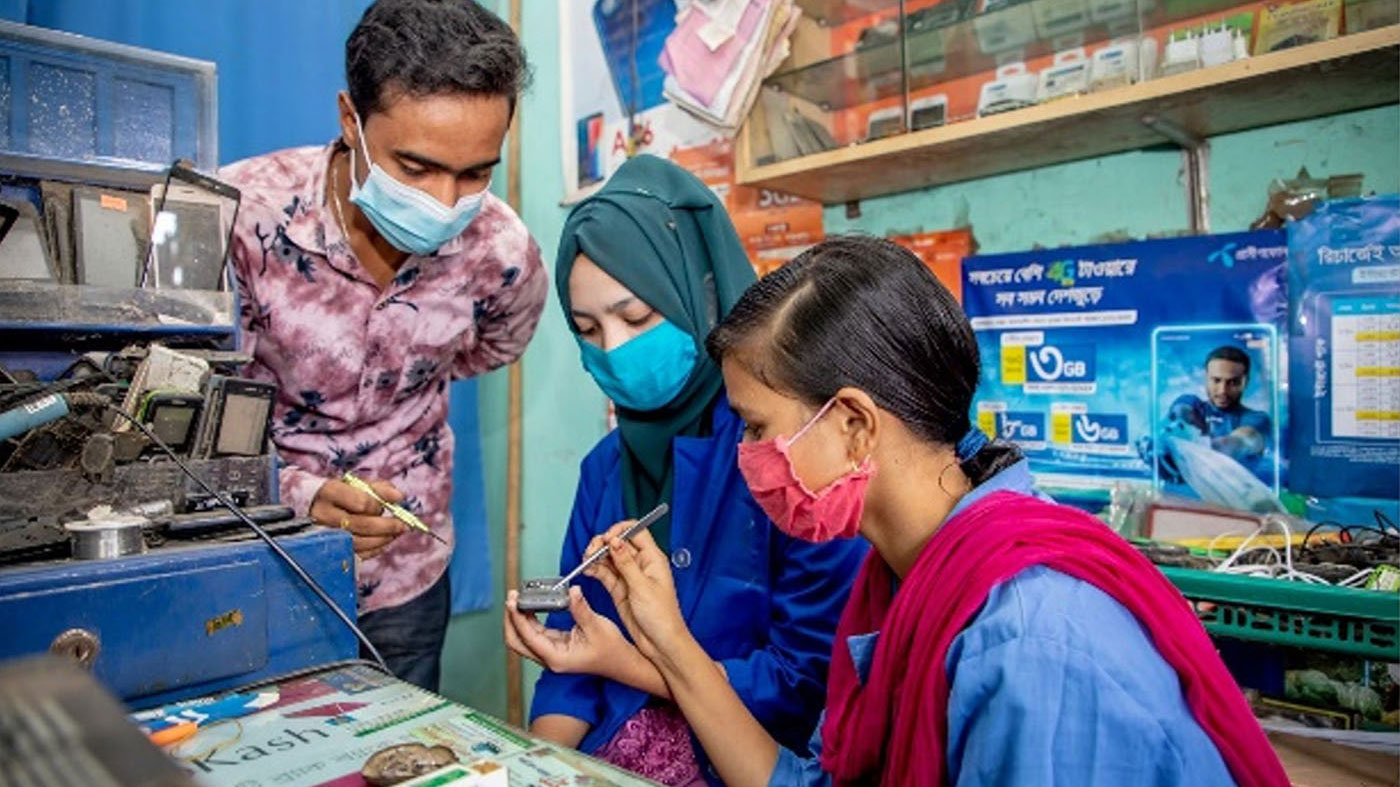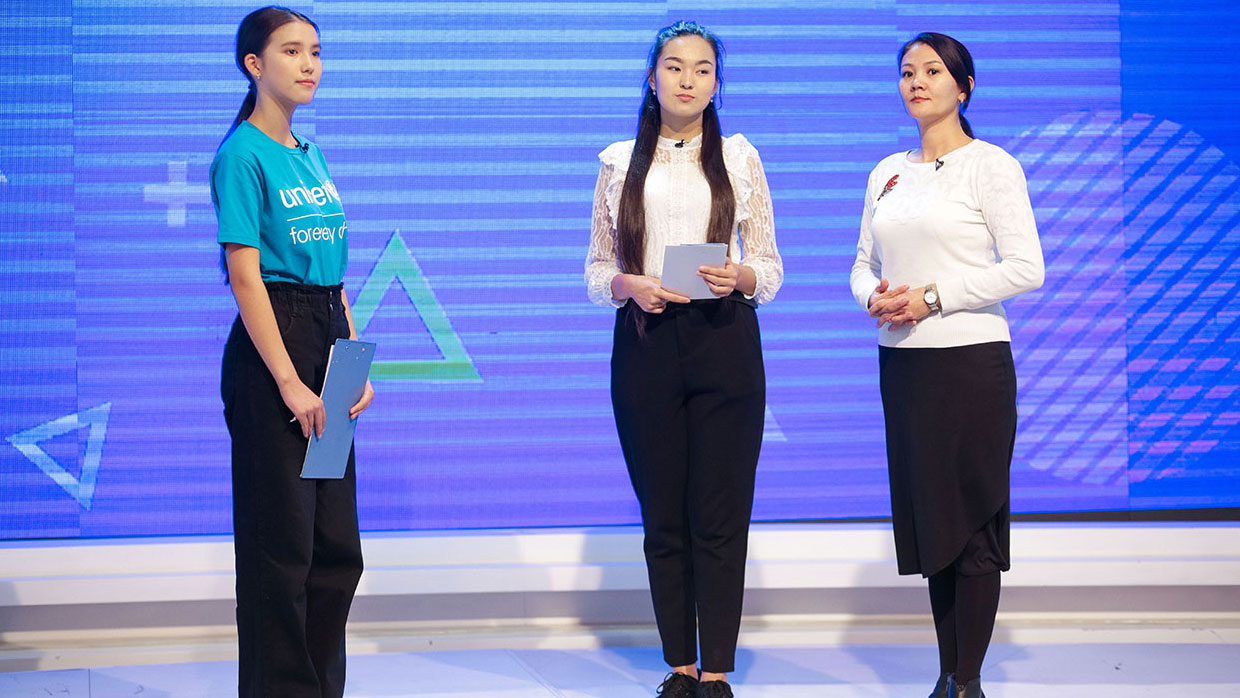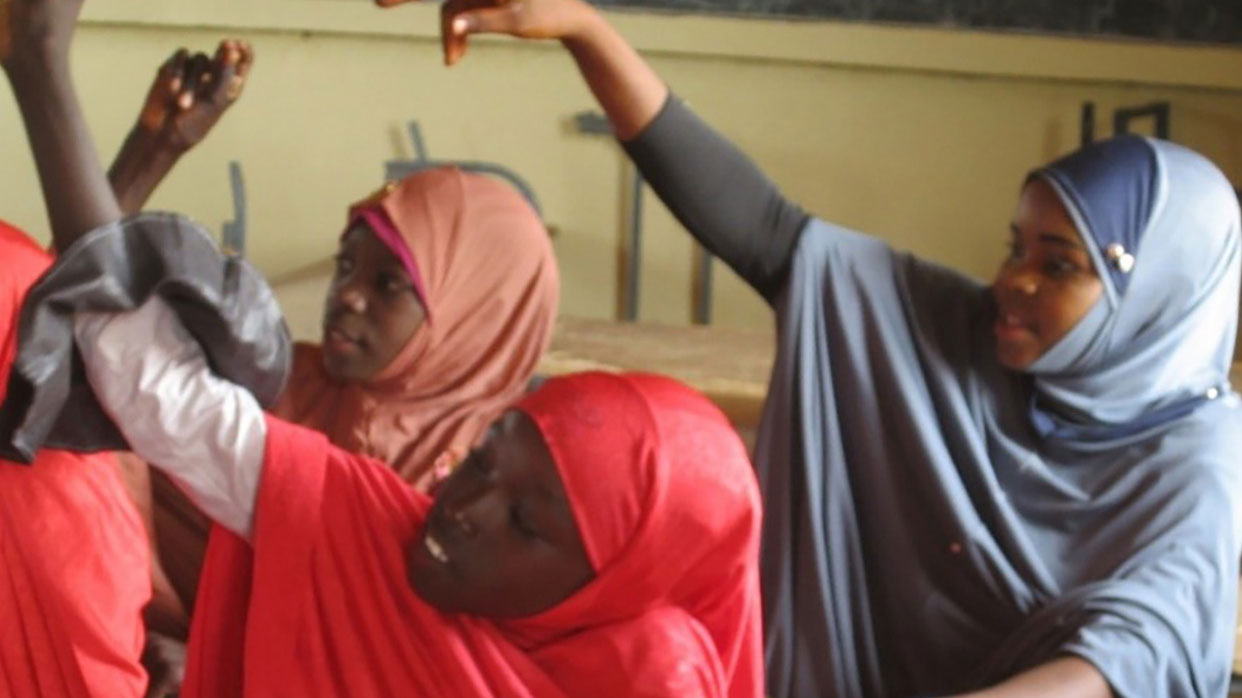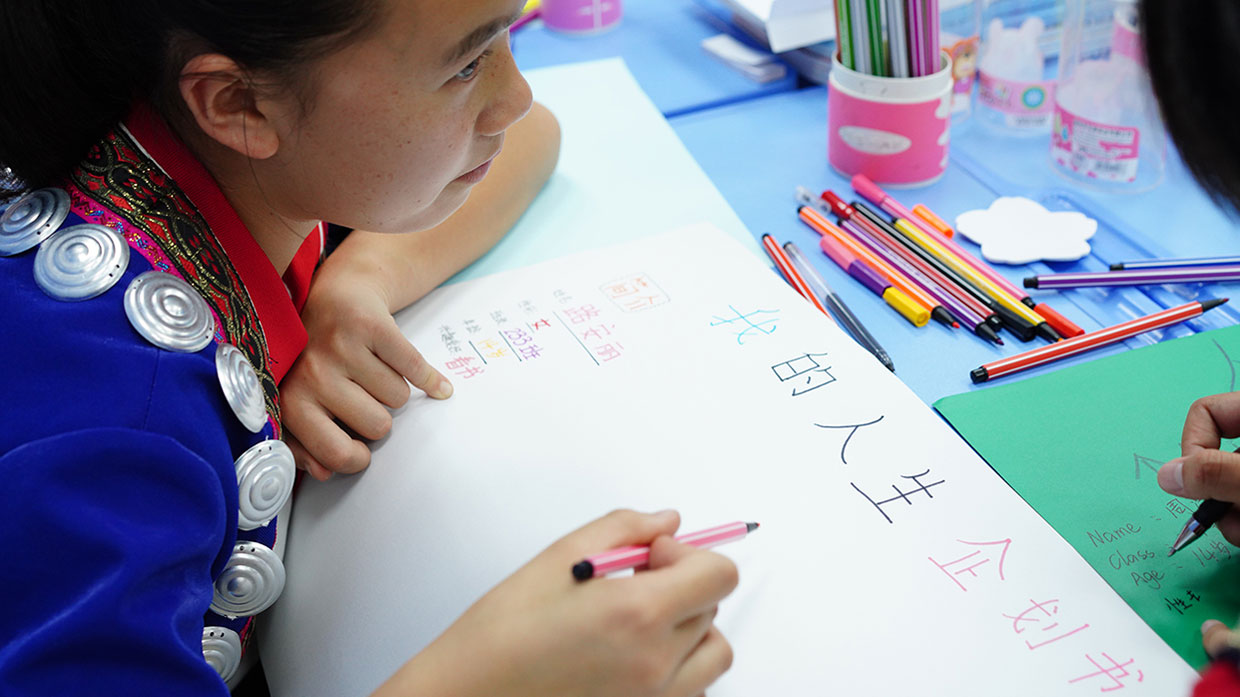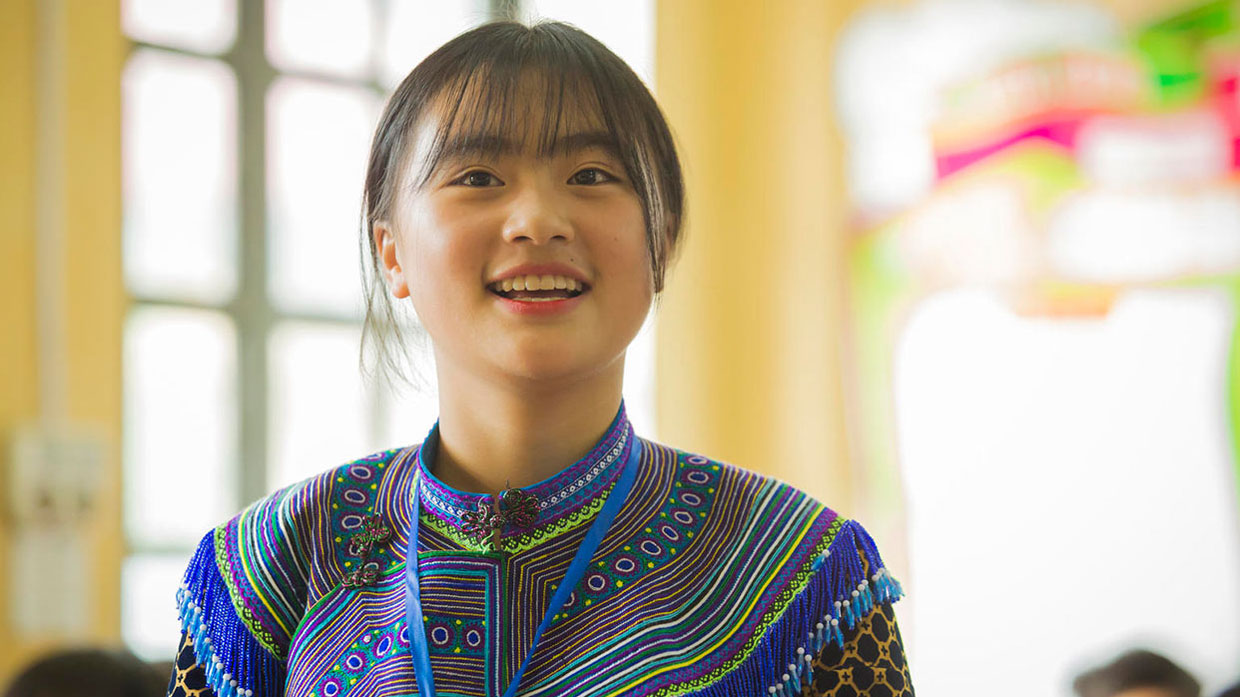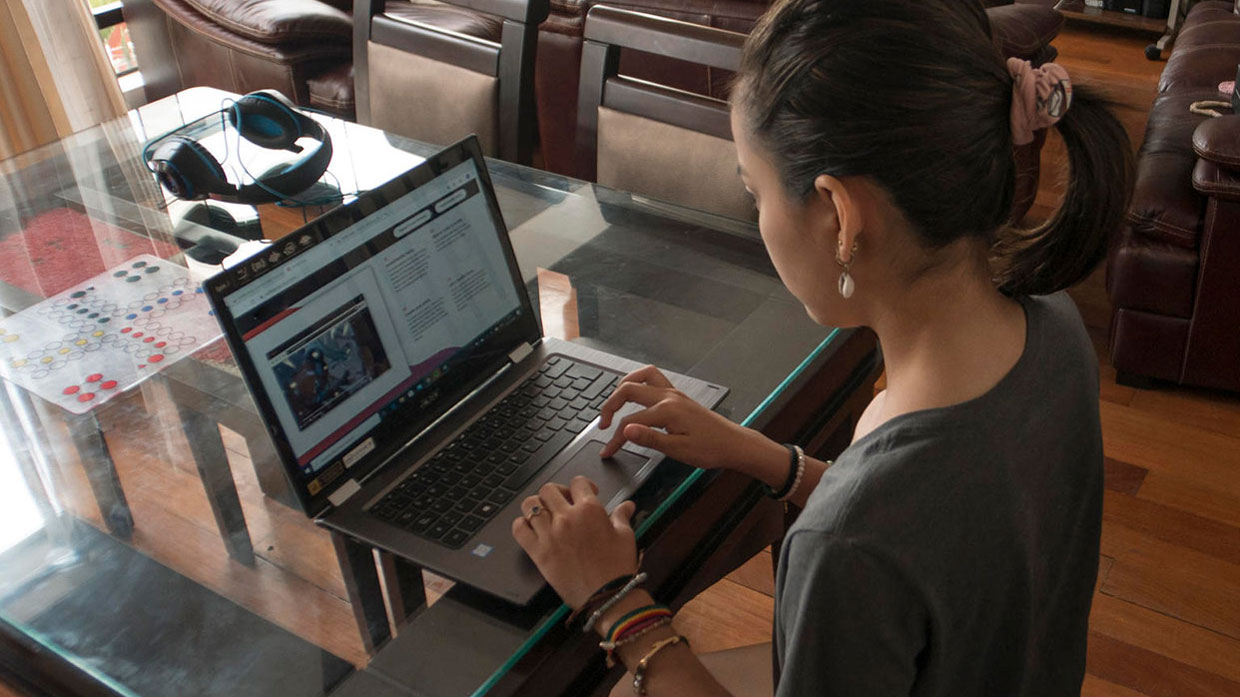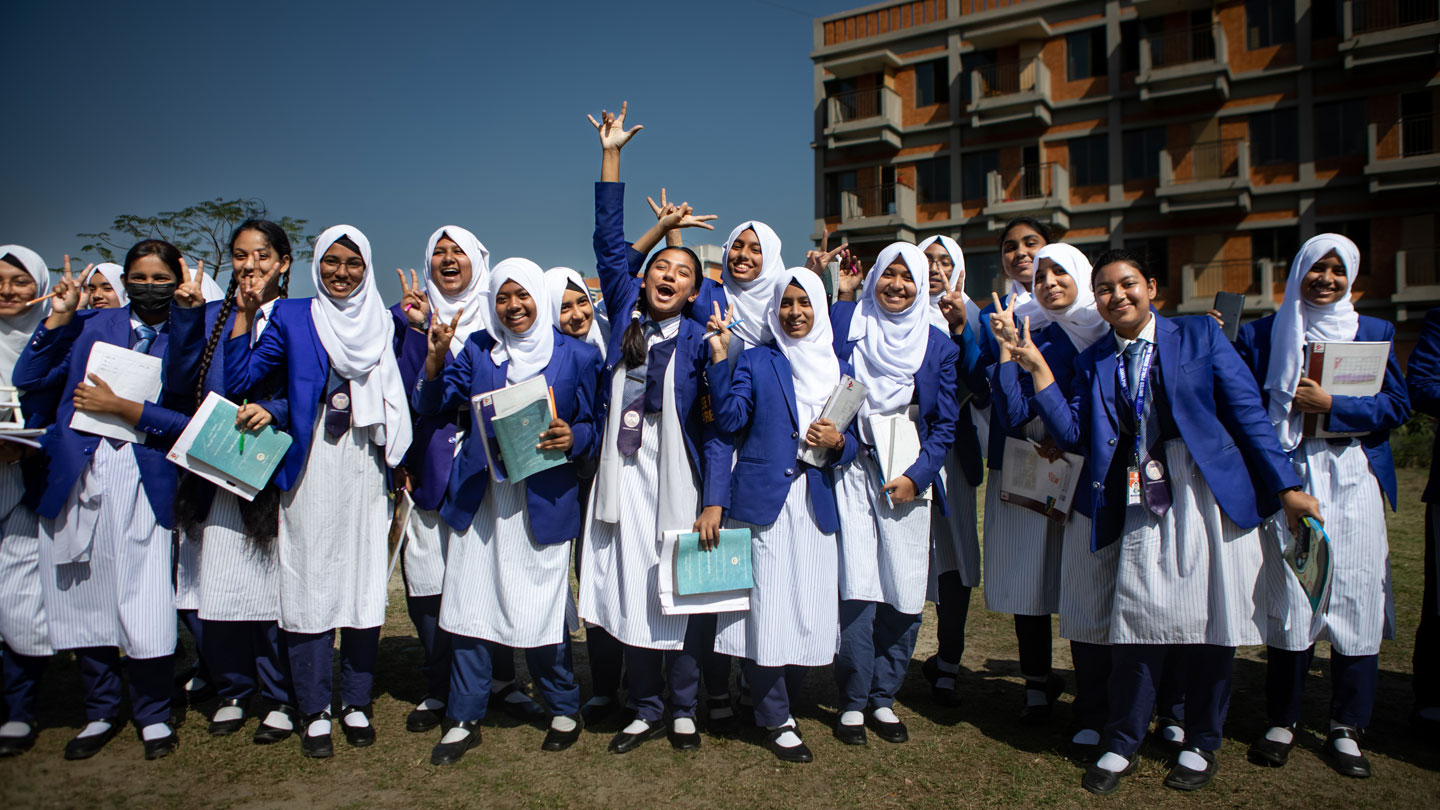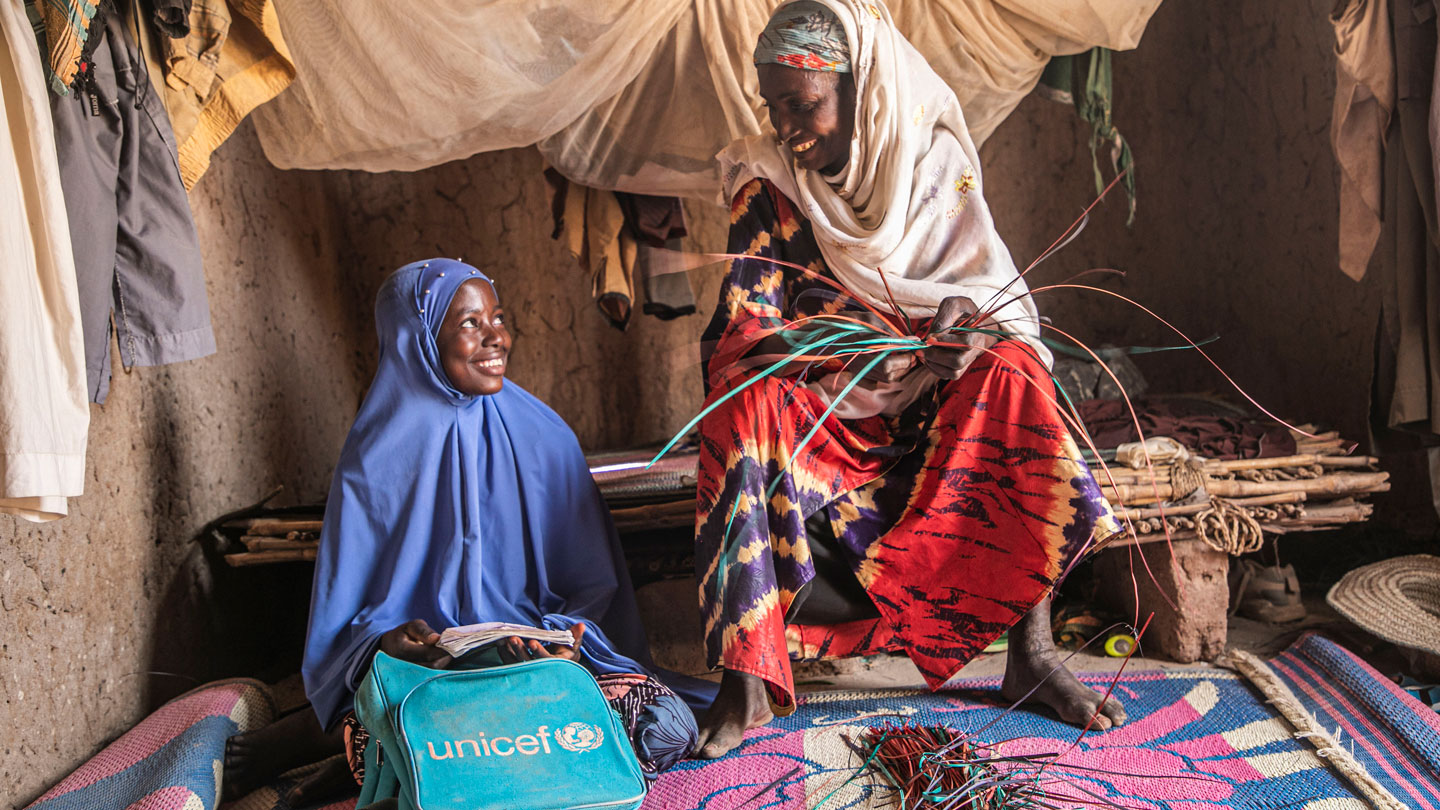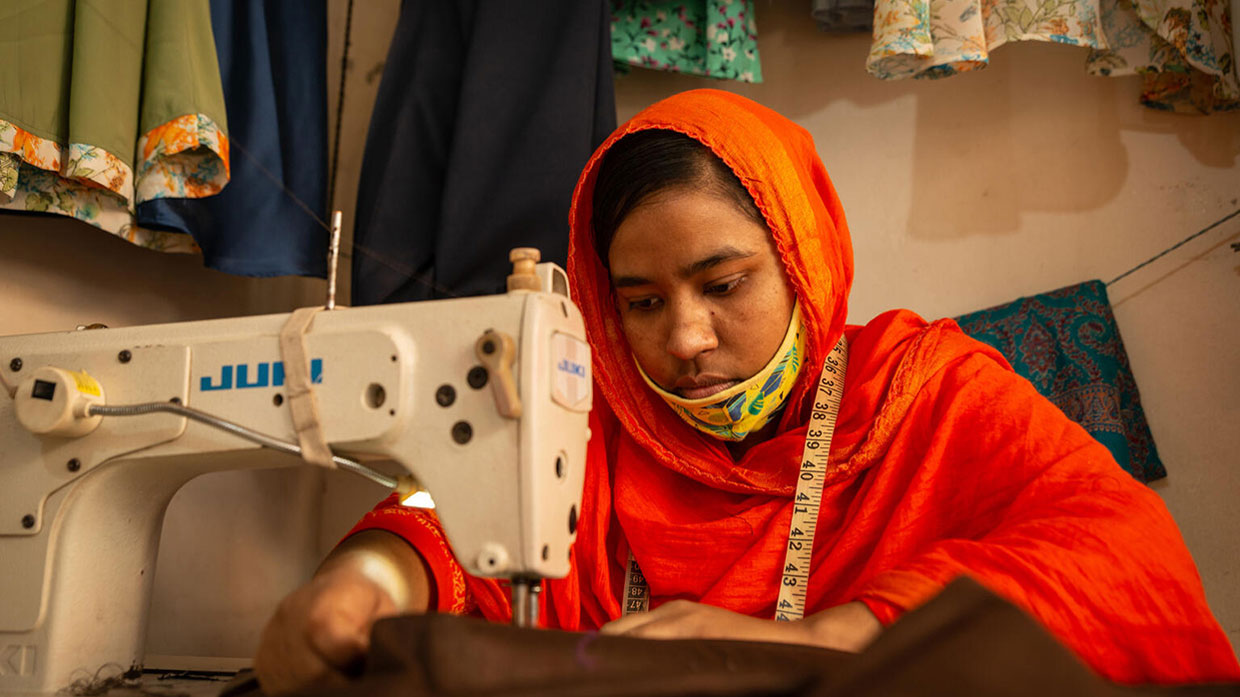Clé de Peau Beauté is supporting UNICEF's programs in Bangladesh to promote gender equity in the education system, alleviating gender-related barriers to education and reducing gender-based violence.
In partnership with the Government of Bangladesh, UNICEF is following a systematic approach to strengthen gender equity in the education system by providing technical support to develop a skill-based curriculum, which has been approved by the Prime Minister of Bangladesh.
UNICEF has implemented an Alternative Learning Program in Bangladesh for the most vulnerable out-of-school adolescent girls, linking them to apprenticeships and job training with theoretical and foundational skills.
1,100 girls have enrolled.


